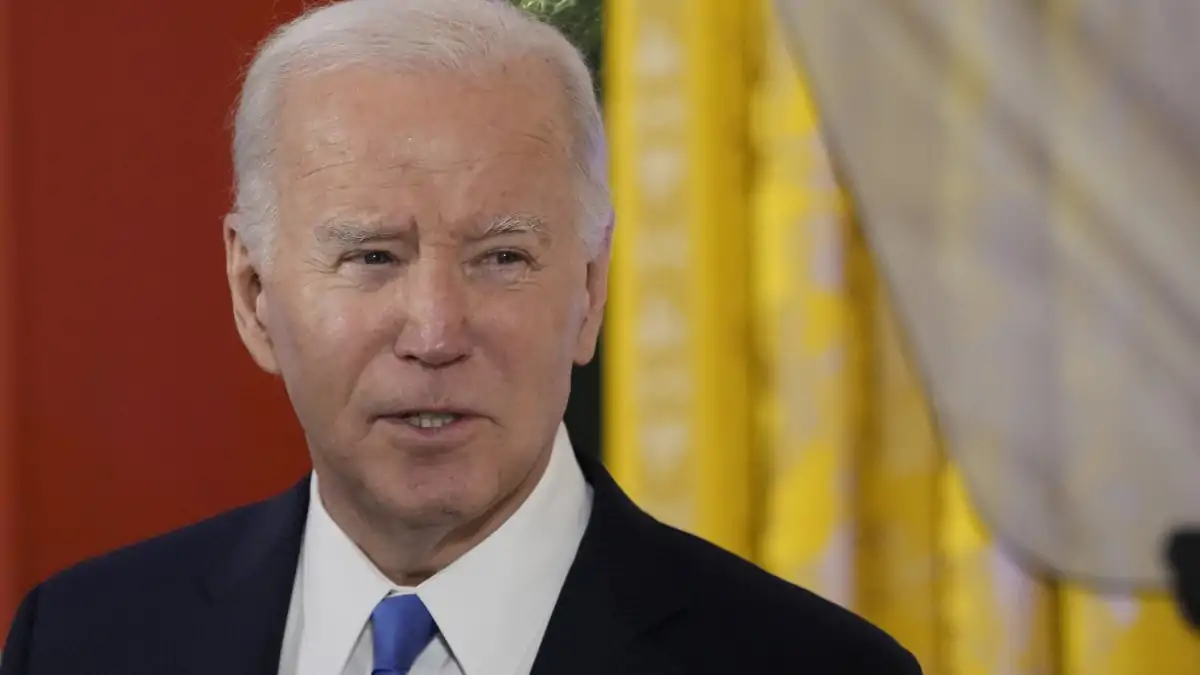The African Growth and Opportunity Act (AGOA), a United States trade preference act established on May 18, 2000, has long been a cornerstone of trade relations between the US and Africa. Providing duty-free access to over 6,000 products from beneficiary countries to the US market, AGOA has been a significant driver of economic cooperation. However, recent developments have marked a turning point in this relationship. In a decisive move, the US President Joe Biden’s administration has terminated the participation of Uganda, along with several other African nations, from this preferential trade program.
The termination, confirmed in a December 2023 communication from the office of the trade representative, specifically excludes Uganda, Central African Republic, Gabon, and Niger from AGOA. This decision follows Uganda’s adoption of the Anti-Homosexuality Act in 2023, a law that has been widely condemned by the international community. The US labeled the law as retrogressive, leading to a series of sanctions including travel restrictions against top officials, threats of aid cuts, and now, the removal from AGOA. This exclusion is not only symbolic but also carries significant economic repercussions for the affected countries, particularly Uganda.
The impact of this decision on Uganda’s economy is profound. The East African nation has seen its exports to the US grow from Shs4 billion in 2019 to Shs39 billion in 2022, with major exports including textiles and agricultural products. Now, facing the loss of nearly Shs40 billion in export revenue, Uganda must seek alternatives to fill this substantial gap. The loss is expected to affect labor-intensive industries like textiles, potentially leading to job losses and economic instability.
In response to these developments, Ugandan President Yoweri Museveni has taken a defiant stance. Despite growing tensions with key Western allies, Museveni, in his Christmas message, emphasized Uganda’s resilience and capacity to stand independently. He expressed confidence in the nation’s economic growth and low inflation, advising those exerting pressure to reconsider their stance. Museveni’s firm belief in Uganda’s self-reliance reflects a broader sentiment of sovereign assertiveness seen across various African nations.
The reactions from the Ugandan government and its President to the US actions have been marked by a blend of defiance and optimism. President Museveni has not only dismissed the significance of losing preferential trade access but has also criticized the attitudes of Western countries towards African nations. His comments suggest a deep-seated belief in the ability of Uganda, and by extension, other African countries, to achieve growth and transformation without reliance on external support.
This development in US-Africa trade relations underscores a complex and evolving geopolitical landscape. The termination of Uganda and other nations from AGOA due to the Anti-Homosexuality Act signals a shift in how economic ties are influenced by social and human rights issues. While the economic implications for the affected African countries are significant, the situation also opens up discussions about the balance between economic interests and human rights, and how nations navigate this delicate interplay in the context of international relations.

